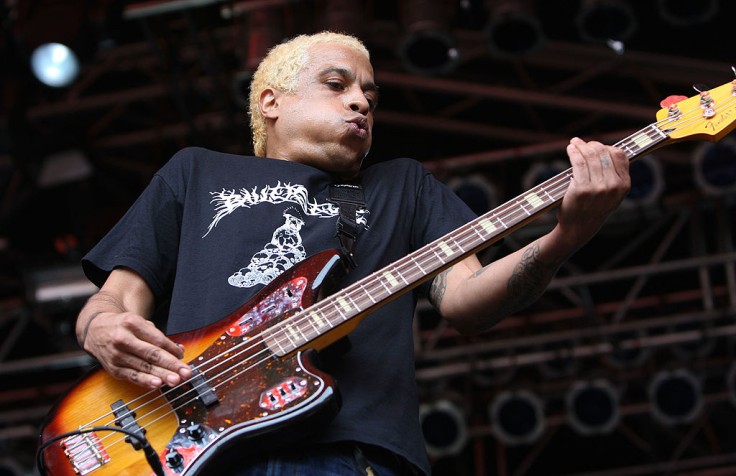
Gen Z, the torchbearer of the future, appears to be entwined in a web of nostalgia, mimicking the sounds and aesthetics of bygone eras.
Bands like Deftones, Korn, My Chemical Romance, and others that rose to prominence decades ago have seen a surge in popularity on social media. Likewise, the adopted fashion of the newer generation's alternative scene is heavily evocative of Gen X and Millennial fashion from the past, embracing emo and scene cultures, the so-called "older brother core" and the continued (though fading) popularity of the Y2K aesthetic.
In defense of the newer generation, the current musical landscape leaves much to be desired, making it nearly impossible for fans of rock music to get excited about new releases. Despite some small revival in the popularity of the emo, nu-metal, and pop-punk genres, rock music seems to be on its last breaths in terms of cultural relevance, and much of the relevance it maintains is through younger people discovering older music.
Newer acts like Olivia Rodrigo draw inspiration from established acts like Paramore, so much so that Rodrigo added Paramore to the songwriting credits of "Good 4 U" due to its similarities to the band's hit "Misery Business." It seems as though Gen Z artists and Gen Z in general are more preoccupied with nostalgia, imitating the sounds and aesthetics of the past rather than innovating new and exciting soundscapes.
This inclination toward the past may pose challenges for emerging artists seeking to innovate and forge a distinct identity-in a landscape where pioneers are revered, standing out becomes an arduous task, particularly when the competition comprises those who originally paved the way.
While the current landscape may seem saturated with echoes of the past, the unpredictable nature of the industry leaves room for surprises. Will a new wave of artists rise to the challenge, or is nostalgia (ironically) the way of the future? Only time will provide the answers.
© 2025 MusicTimes.com All rights reserved. Do not reproduce without permission.







